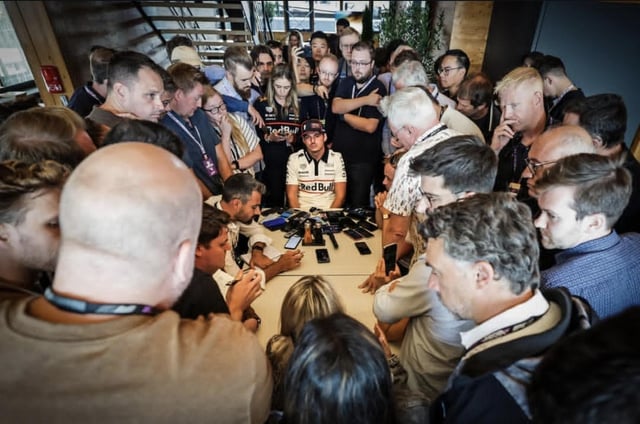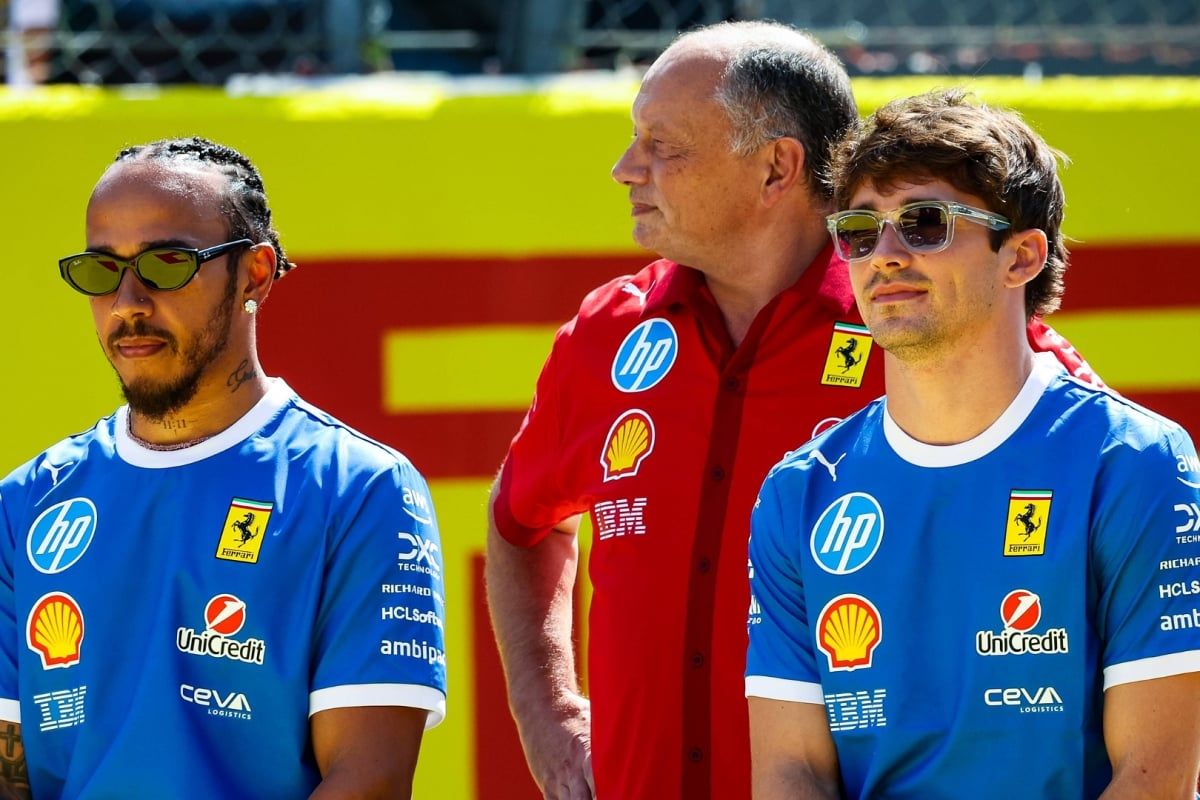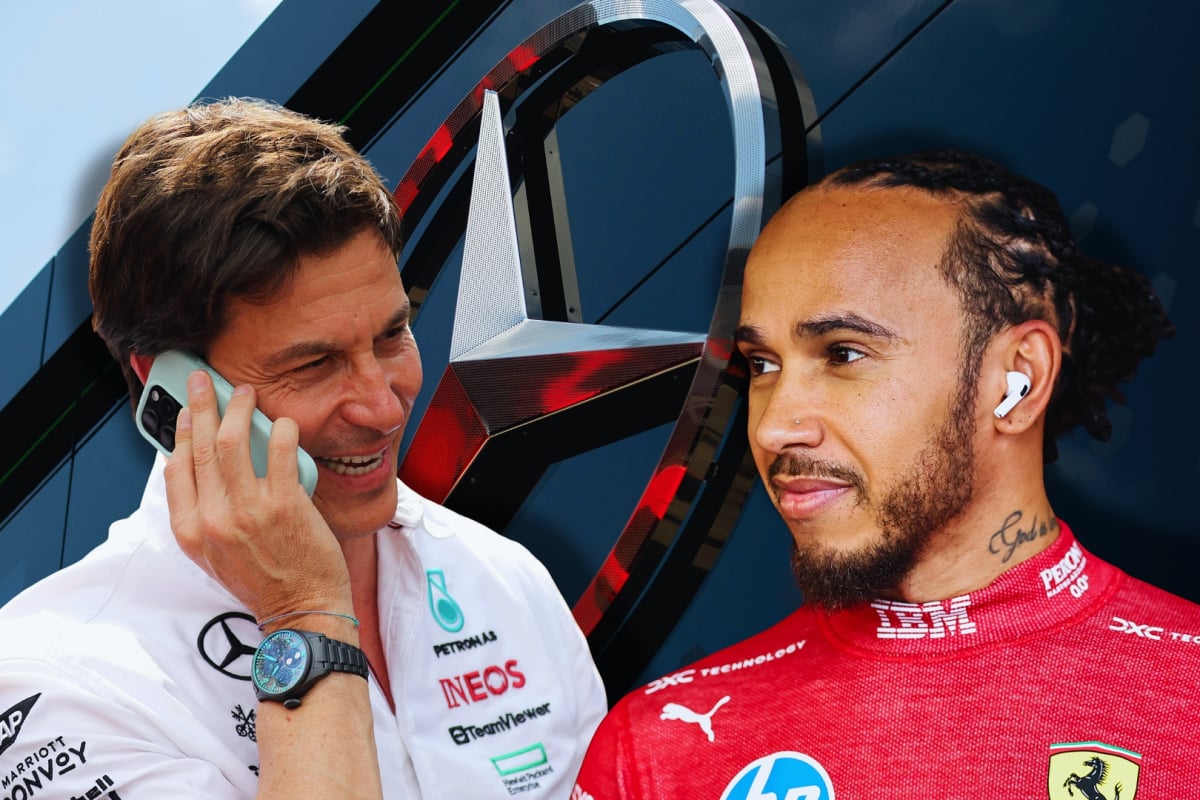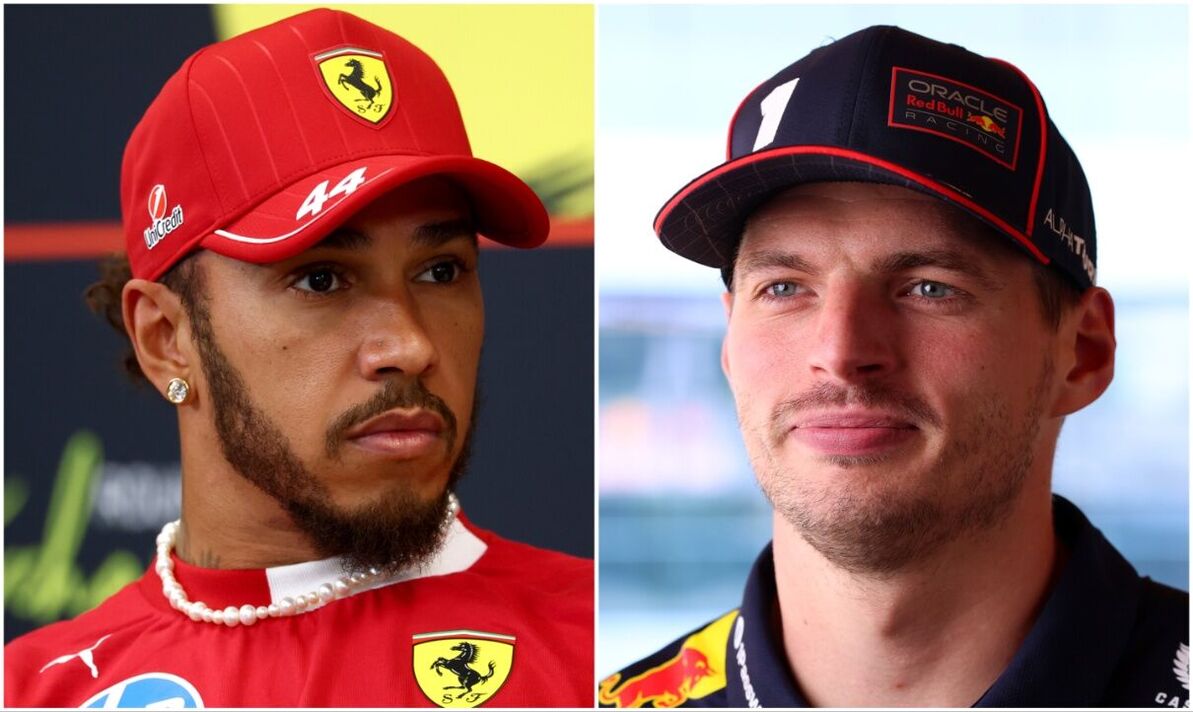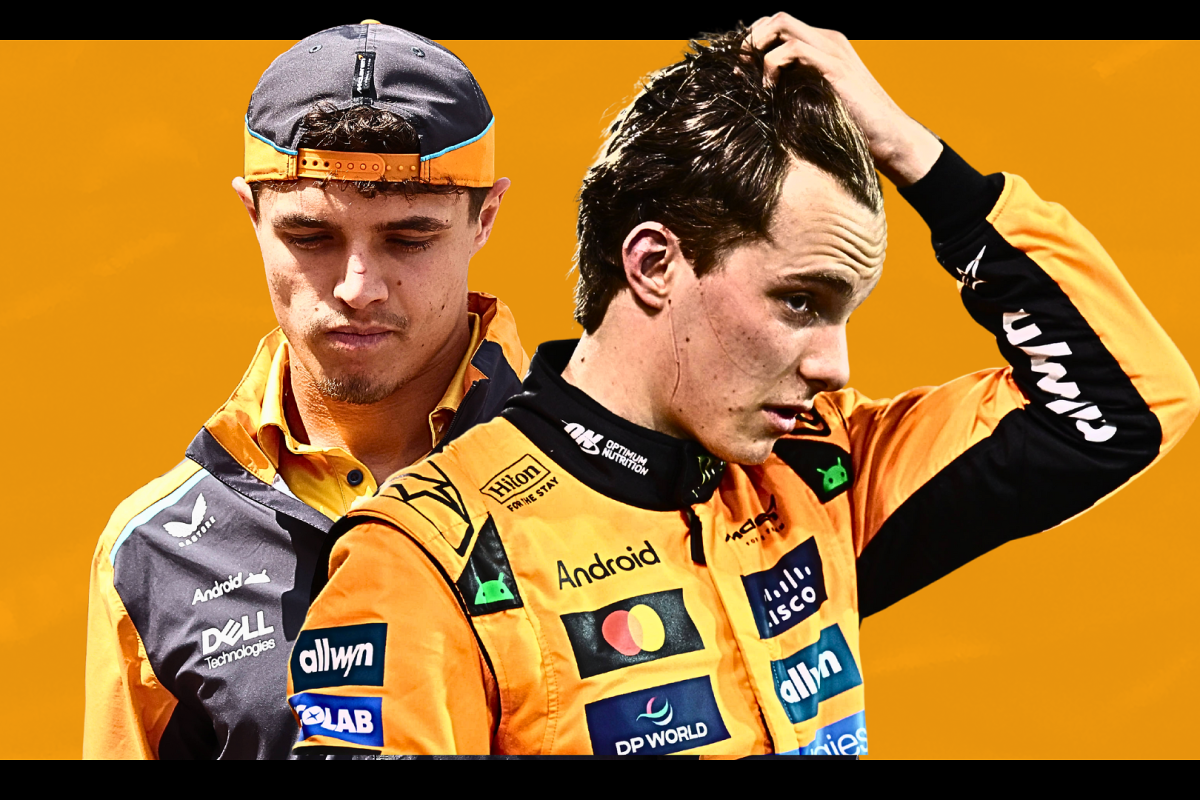F1 driver Max Verstappen talking to the m… read more
Red Bull Racing’s Max Verstappen, fresh from a dominant performance at the Monaco Grand Prix, addressed the media today, offering a nuanced perspective on his championship aspirations and the evolving strategies within the Formula One landscape. The Dutch driver, who extended his lead at the top of the standings, spoke candidly about the pressures of the season, the intricate dynamics of the sport, and hinted at a potential shift in his approach moving forward.
“Monaco was, of course, fantastic,” Verstappen began, his voice resonating with a measured confidence. “The circuit is notoriously demanding, and to come out on top is a huge relief. The car felt incredible, and the team’s strategy worked flawlessly. A perfect weekend, all things considered.” He acknowledged the intense scrutiny that comes with being the leading driver in such a fiercely competitive championship, adding, “It’s a marathon, not a sprint. We know there are going to be ups and downs, but the key is consistency.”
Asked about the gap he has established at the top, Verstappen remained grounded. “It’s a good advantage, certainly. However, the season’s still far from over. We’re not getting ahead of ourselves. There are still many races ahead and every competitor is pushing their limits. We can’t afford to take anything for granted.” He alluded to the unpredictable nature of Formula One, highlighting the significance of each race in maintaining his current position.
The conversation shifted to the ongoing debate surrounding the competitiveness of the field. Verstappen admitted that while his team has demonstrably strong machinery, other teams are also improving. “We’re certainly seeing a tightening of the field. Several teams are showing impressive development, and that’s good for the sport. It makes every race an absolute battle of attrition. It’s not about dominating; it’s about consistently performing at the highest level and making the right calls.”
The discussion then touched upon the intricacies of race strategies. Verstappen, ever astute, alluded to a potential adaptation in his approach. “We’re constantly analyzing the data and making adjustments where necessary,” he said. “Sometimes, taking a different approach to the pit stops or race strategy can yield unexpected benefits. We’re willing to look at various options, always aiming for the maximum points possible.” This comment, subtly delivered, suggested a possible shift from a purely aggressive driving style to one that incorporates more calculated risks and strategic flexibility.
He also touched on his relationship with his team, emphasizing their crucial role in his success. “The synergy between the drivers and the engineers is fundamental to success,” he stated. “The support I receive from my team is unmatched. They are meticulous in their work, providing me with the tools to perform at my peak. We’re a well-oiled machine, working seamlessly towards the same goal.”
Finally, addressing the broader landscape of the sport, Verstappen expressed his belief that the current level of technological advancement was essential for maintaining the sport’s allure. “The evolution of the cars is a key element of what draws so many to Formula One,” he stated. “It’s the relentless pursuit of performance that keeps the sport compelling. Every race, every challenge, is a new opportunity to push the boundaries of engineering and talent.”
In conclusion, Verstappen’s comments painted a picture of a driver acutely aware of the challenges ahead, yet brimming with confidence in his team and his abilities. His measured approach and strategic acknowledgement of the improving field, coupled with a hint towards a shift in strategy, suggest a driver prepared to navigate the intricacies of the championship with both precision and adaptability. The upcoming races promise to be equally intense and fascinating, with Verstappen and his rivals poised to deliver another exhilarating chapter in the Formula One saga.
